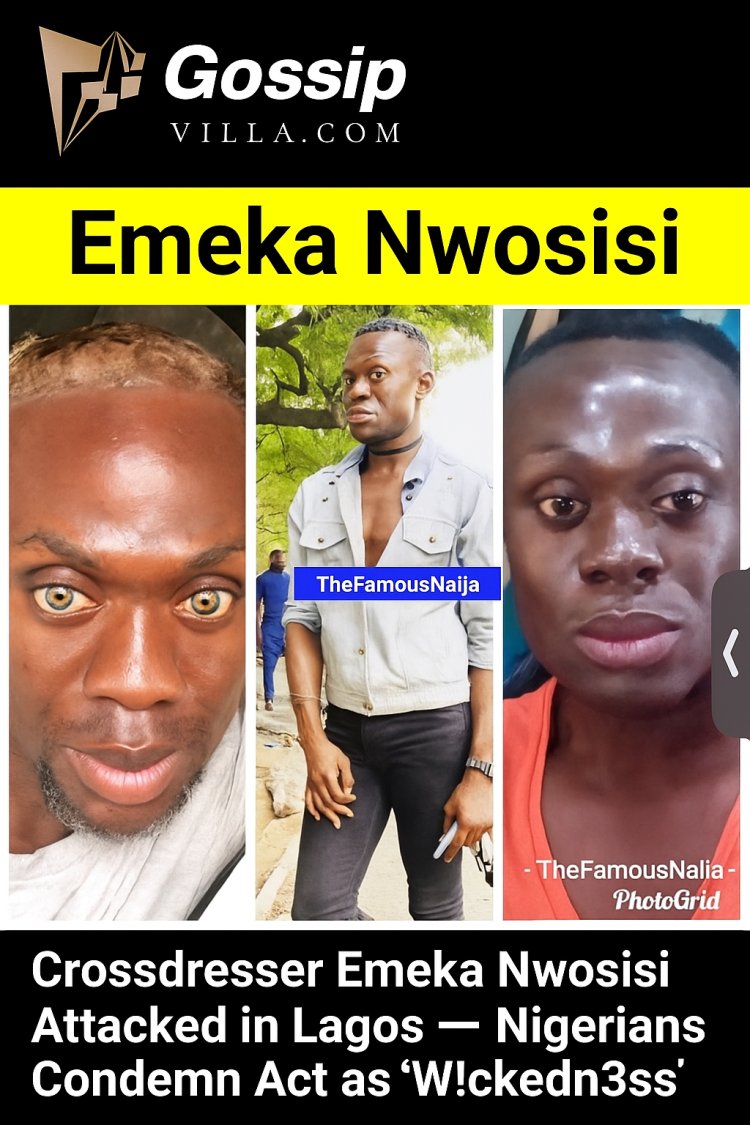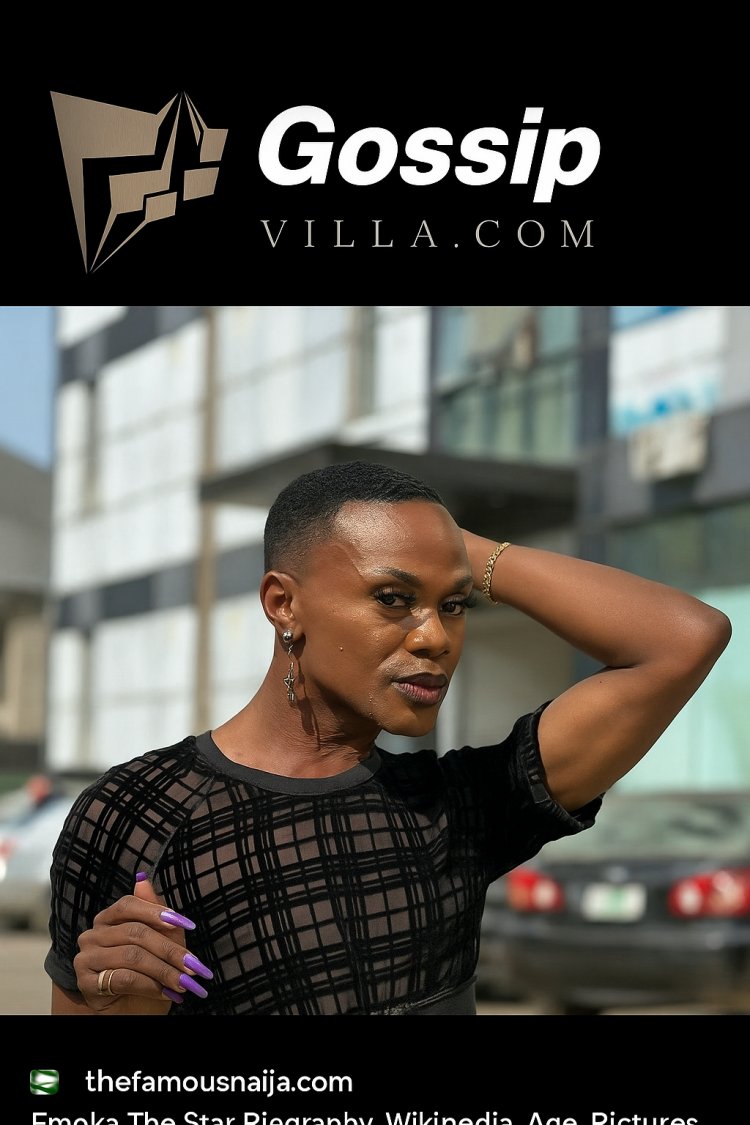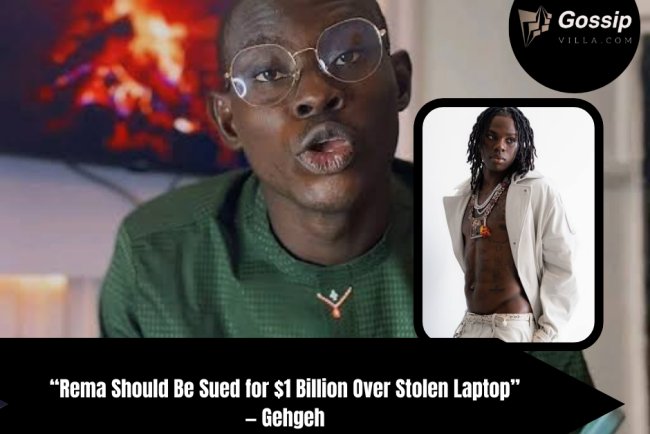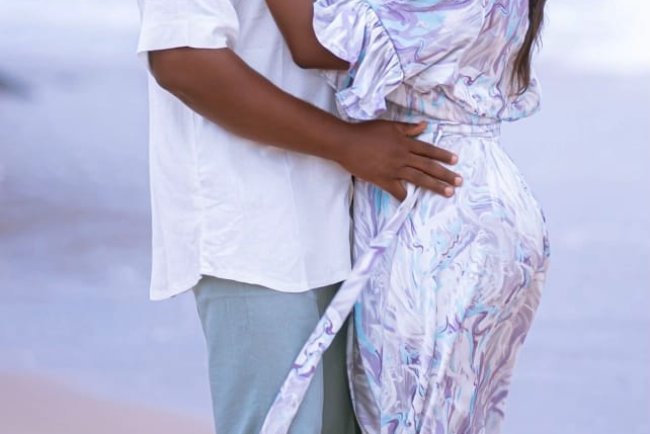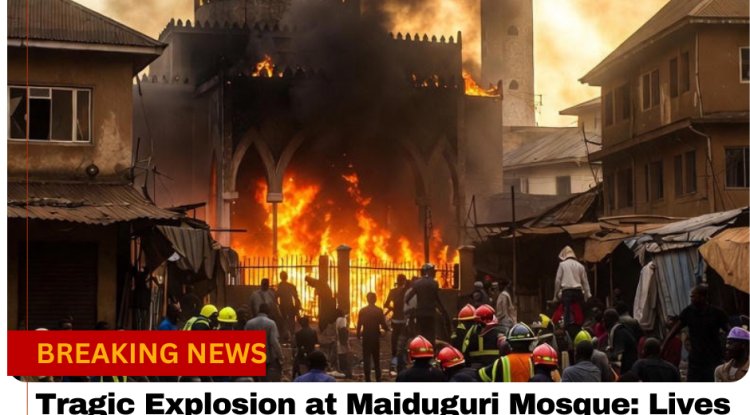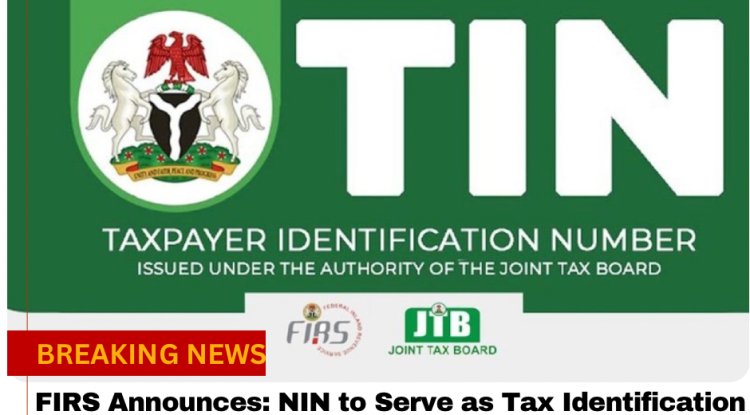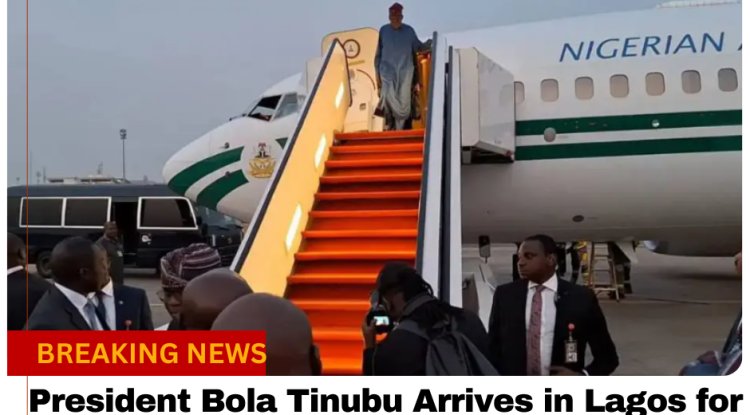Crossdresser Emeka Nwosisi Brutally Attacked in Lagos: Outrage Erupts Nationwide Over Hate-Fueled Violence ⚖️
Crossdresser Emeka Nwosisi Brutally Attacked in Lagos: Outrage Erupts Nationwide Over Hate-Fueled Violence ⚖️
Crossdresser Emeka Nwosisi Brutally Attacked in Lagos: A Stark Reminder of Nigeria’s Deep-Seated Intolerance and the Urgent Call for Justice ????⚖️
In the bustling heart of Lagos, where the city’s relentless energy often masks its undercurrents of prejudice, a harrowing incident has shattered the fragile veneer of progress. Over the weekend of November 8-9, 2025, social media ignited with visceral outrage as videos surfaced showing Emeka Nwosisi, a prominent Nigerian crossdresser and social media personality known for his bold embrace of gender fluidity, being savagely assaulted and stripped naked in broad daylight at Seaside Estate, Ajah.
The attack, captured in grainy but gut-wrenching footage, has not only gone viral but has ignited a fierce national debate on violence, mob justice, and the perilous cost of living authentically in a society still grappling with conservative norms.
Eyewitness accounts and the circulating clips paint a picture of unbridled cruelty. Emeka, dressed in his signature vibrant attire—a flowing skirt paired with a crop top that accentuated his expressive style—was reportedly walking through the estate’s quiet lanes when a group of unidentified men confronted him. What began as verbal taunts quickly escalated into physical mayhem. One assailant, armed with a long wooden stick, is seen repeatedly striking Emeka across his back and legs, forcing him to the ground in a fetal position. As he pleaded for mercy, the mob tore at his clothes, stripping him down to his underwear amid jeers and laughter. Bystanders, frozen in a mix of shock and apathy, filmed the ordeal rather than intervening, turning a private humiliation into a public spectacle. The video, first shared on Instagram by concerned netizens, has amassed over 500,000 views across platforms, with hashtags like #JusticeForEmeka and #EndMobJustice trending nationwide.
Nollywood producer Stanley Ontop, a vocal advocate for human rights in the entertainment industry, was among the first high-profile voices to amplify the story. Taking to his Instagram on November 10, Ontop shared the clip with a caption that cut through the noise: “This is heartless and inhumane. Emeka was just minding his business at Seaside Estate when this monster with a stick decided his existence was a crime.
Where is the humanity? Authorities, investigate NOW! #SaveEmeka”. His post, which garnered over 200,000 likes and thousands of shares, highlighted Emeka’s vulnerability, noting that the crossdresser has been open about his struggles with mental health—battles with anxiety and depression that many in the public eye, including Emeka, have kept under wraps for fear of further stigma. “He’s not just a crossdresser; he’s a human fighting demons we can’t see,” Ontop added, urging the Lagos State Police Command to treat this as a hate crime.
The Incident Unpacked: From Confrontation to Carnage
Seaside Estate,
a mid-tier residential enclave off Badore Road in Ajah, is no stranger to the city’s eclectic mix of residents. Tucked away from the chaos of Lekki’s high-rises, it’s a place where families, young professionals, and migrants coexist in relative peace—or so it seemed. On that fateful Saturday afternoon around 2 PM, Emeka, aged 28 and hailing from Anambra State, was allegedly en route to a casual meetup with friends. Dressed to express his identity, he embodied the unapologetic flair that has earned him a modest following of 50,000 on Instagram (@emekathestra), where he shares makeup tutorials, fashion hauls, and messages of self-love.
The motive? Murky at best. Initial reports suggest the attackers, numbering about five men in their 20s and 30s, hurled slurs like “abomination” and “woman in man’s skin”—echoing the toxic rhetoric that permeates Nigeria’s conservative underbelly. One video snippet captures an assailant shouting, “Go back to your village with this yeye behavior!” before the beating commenced. Emeka, in a desperate bid to escape, stumbled toward a nearby gate, but the group blocked his path, ripping off his wig and skirt in a frenzy of dehumanization. The assault lasted roughly three minutes, leaving him bruised, bloodied, and emotionally shattered. He was eventually rescued by a passing female resident who intervened with her car horn and threats to call security, but not before the damage was done.
Medical updates are sparse, but sources close to Emeka reveal he was rushed to Alpha Specialist Clinic in Ajah, where he’s receiving treatment for multiple contusions, lacerations, and possible fractures. “He’s stable but traumatized,” a friend told reporters anonymously. “The stripping… that’s what haunts him most. He feels exposed, not just physically, but to the world’s judgment.”
Social Media Erupts: Outrage, Empathy, and Unfiltered Condemnation
The internet, for once, united in fury. From Lagos influencers to diaspora voices, the condemnation was swift and unsparing. Actress Uche Jombo reposted the video with a simple yet searing plea: “This wickedness has to stop. Emeka didn’t hurt anyone—why strip him of his dignity? Nigeria, we must do better. #HumanRightsNow”. Her words resonated, sparking a thread of over 1,000 replies where users shared personal stories of discrimination.
On X (formerly Twitter), the discourse exploded. Comedian Bose Alao tweeted, “Mob justice in Lagos again? Emeka Nwosisi beaten for being himself. This isn’t Africa; it’s backwardness. Police, where una dey? #JusticeForEmeka”, amassing 15,000 retweets.  Even international allies chimed in; British-Nigerian activist Olúmide Popoola wrote, “As a trans woman in the UK, seeing this breaks me. Nigeria’s anti-LGBTQ laws fuel this hate. Global solidarity needed.” Hashtags surged, with #EndIntoleranceNG peaking at #3 on Nigerian trends by Sunday evening.
Not all reactions were supportive, however. A vocal minority defended the attackers, spewing vitriol like “He asked for it—dressing like that in public”—a chilling reminder of the societal chasm. Advocacy groups like The Inclusion Network and Men of Integrity for Peace swiftly countered, organizing virtual vigils and petitions demanding hate crime legislation. “No one deserves this cruelty, period,” read their joint statement. “Emeka’s lifestyle isn’t a crime; assault is.”
READ MORE ON: Senator Ned Nwoko’s Two-Point Peace Plan for the South-East: Release of Nnamdi Kanu and Creation of a Sixth State
Broader Implications:
Mental Health, Mob Justice, and the LGBTQ+ Shadow War
This isn’t an isolated flare-up; it’s a symptom of Nigeria’s festering wounds. Emeka’s assault comes on the heels of the Same-Sex Marriage Prohibition Act (2014), which criminalizes LGBTQ+ expression with up to 14 years in prison, emboldening vigilantes. In 2025 alone, Human Rights Watch documented over 50 similar incidents nationwide, from beatings in Abuja to evictions in Port Harcourt. Mental health adds another layer: Emeka’s undisclosed struggles mirror those of many in the community, where stigma silences help-seeking. “Crossdressing isn’t a phase; it’s identity,” says psychologist Dr. Ifeoma Eze, who has counseled queer Nigerians. “Attacks like this exacerbate PTSD, isolation, and suicide rates.”
Mob justice, too, is a plague. Just last month, a sex worker in Ikorodu was lynched and burned over unfounded rumors, echoing the Deborah Samuel blasphemy killing in 2022. Advocacy groups like Amnesty International Nigeria are calling for a state of emergency on gender-based violence, citing a 240% spike in attacks this year. “From femicide to hate crimes, we’re in crisis,” their report warns.
The Road to Reckoning: Justice, Healing, and Hope
As the Lagos State Police launch an investigation—promising arrests within 48 hours—the nation holds its breath. Commissioner Adekunle Ajisebutu issued a statement: “We condemn this barbarism. Perpetrators will face the full wrath of the law.” But words need action. Emeka’s supporters have raised ₦5 million via a GoFundMe for his recovery and legal fees, a testament to communal resilience.
Yet, amid the fury, glimmers of hope emerge. Allies like Ontop vow to produce a docuseries on queer lives in Nigeria, while youth-led forums in Ajah host dialogues on tolerance. Emeka himself, from his hospital bed, posted a defiant selfie: “They tried to break me, but my spirit’s unbreakable. Love wins.”
Nigerians are reflecting:
How far will we go before embracing coexistence? In a country of 220 million diverse souls, Emeka’s story isn’t just tragedy—it’s a clarion call. For tolerance. For compassion. For a Lagos where no one fears the streets for being themselves.
news source
What's Your Reaction?







